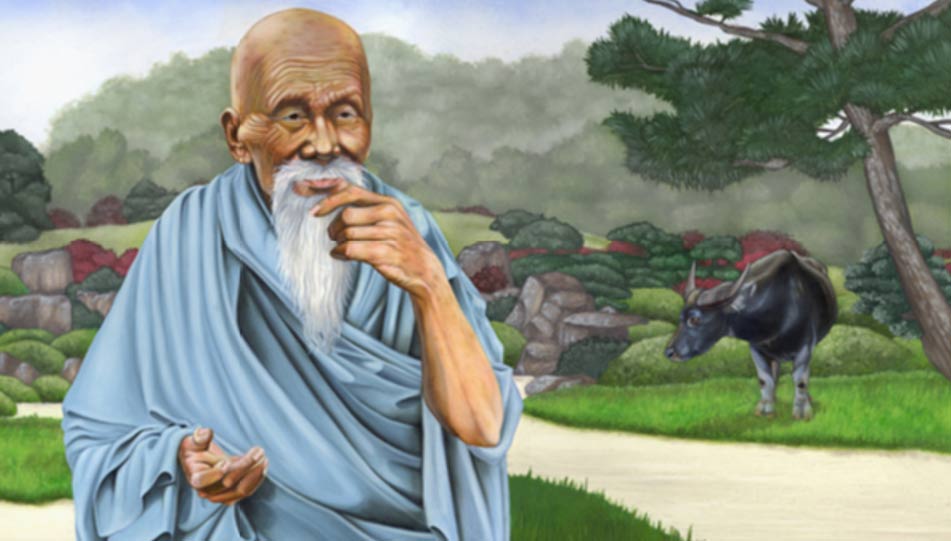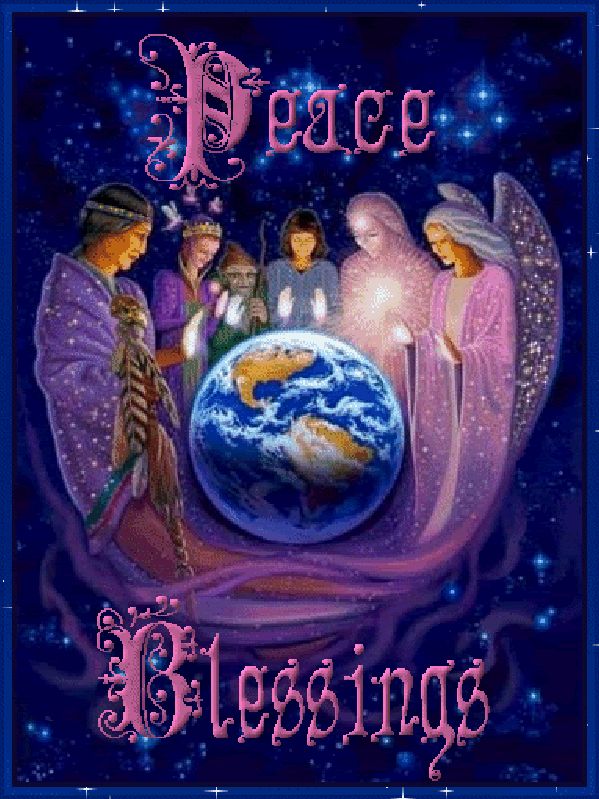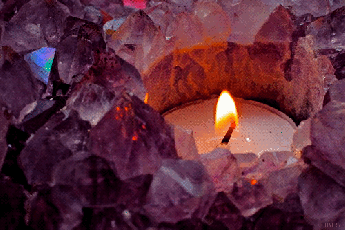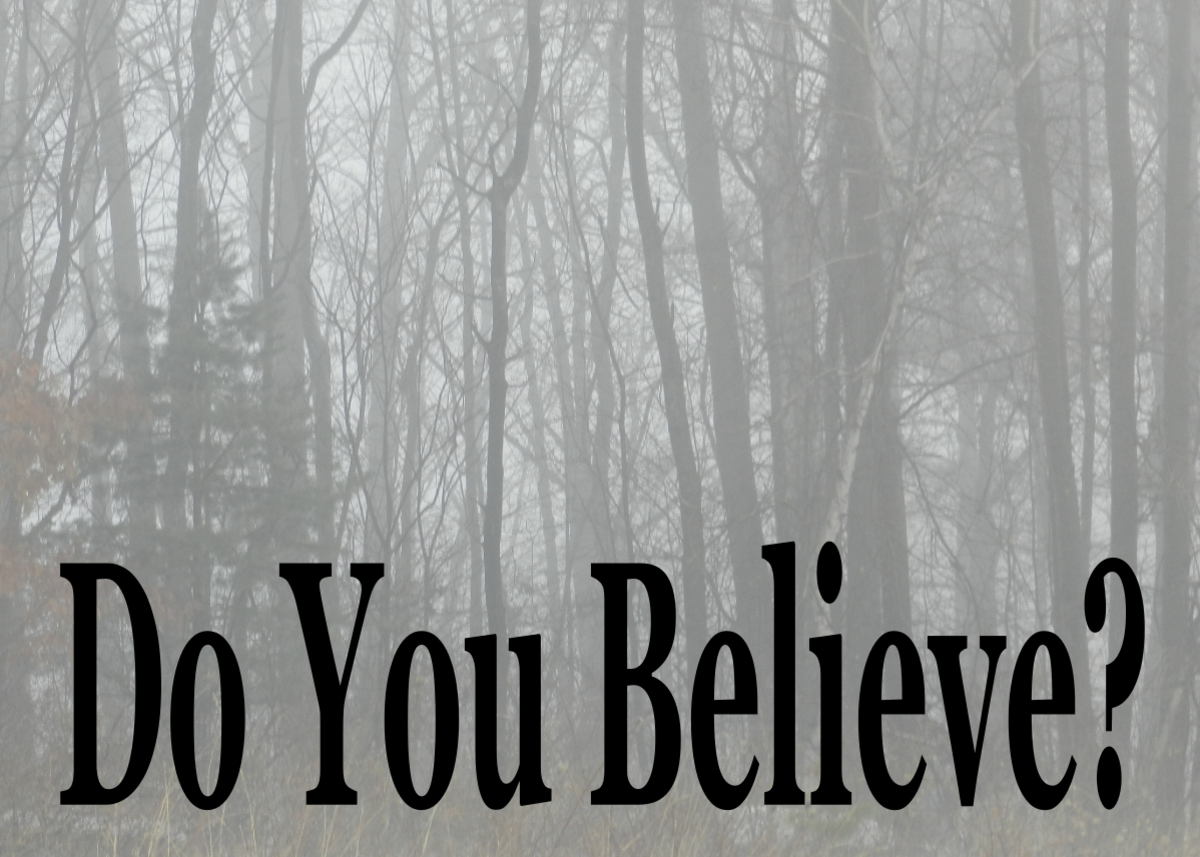
Image Source
How to Live an Inspired and Peaceful Life
Many centuries ago, Lao Tzu, spoke of the four cardinal virtues, teaching that when we practice them as a way of life, we come to know the truth of the universe. The ancient Chinese master said that living and practicing these teachings can open you to higher wisdom and greater happiness, as they realign you to the source and enable you to access all the powers that source energy has to offer.
“When you succeed in connecting your energy with the divine realm through high awareness and the practice of undiscriminating virtue, the transmission of the ultimate subtle truths will follow.” Lao Tzu
Lao Tzu means ‘Old Master,’ and he was believed by some to be a God-realised being. The Four Cardinal Virtues are found in the Tao Te Ching, a collection of sayings expounding the principal Taoist teachings. It has 81 short poetic verses packed full of universal wisdom for politics, society, and personal life, and aims to support personal harmony through the right view and understanding of existence. The Tao (also known as the Way or the Dao) has baffled its readers for centuries with its cryptic and deliberate contradictions, yet it offers a profound contemplation to seekers, lending itself to varied interpretations and inner questioning.
Lao Tzu means ‘Old Master,’ and he was believed by some to be a God-realised being.
The Tao that can be told is not the eternal Tao. The name that can be named is not the eternal name. The Tao is both named and nameless. As nameless it is the origin of all things; as named it is the Mother of 10,000 things. Ever desireless, one can see the mystery; ever desiring, one sees only the manifestations. And the mystery itself is the doorway to all understanding.” ― Wayne W. Dyer, Change Your Thoughts – Change Your Life: Living the Wisdom of the Tao
The Tao Te Ching is the basic text of Taoism, but it has also influenced Confucianism and Chinese Buddhism, and is among some of the most translated works in world literature. This powerful text of the Tao, road or way of life, reflects the force of the universe and even the universe itself. While many have tried to make sense of its mystery, one man immersed himself in this text, literally living its wisdom, and then distilled the essence of these ancient mystery teachings for a modern audience.
In 2006, the late Wayne Dyer was inspired to spend his entire 65th year reading, researching, and meditating on Lao Tzu’s messages, going into retreat to practice them and ultimately write down the insights he felt Lao Ttzu wanted us to know. Dr Dyer researched ten well respected translations of the text and the result of that life-changing year was his best-selling book Change Your Thoughts—Change Your Life: Living the Wisdom of the Tao.
Affectionately known as the Father of Motivation, Dr Dyer says Lao Tzu’s four cardinal virtues represent the surest way to leave habits and excuses behind and reconnect to your original nature. “The more your life is harmonised with the four virtues, the less you’re controlled by the uncompromising ego.”
The Tao encourages us to be in touch with our own selves, particularly our deepest selves, for when you know who you really are, that is when you discover eternal peace. Lao Tzu liked to compare different parts of nature to different virtues. He said, “The best people are like water, which benefits all things and does not compete with them. It stays in lowly places that others reject. This is why it is so similar to the Way (Dao).” Each part of nature can remind us of a quality we admire and should cultivate ourselves—the strength of the mountains, the resilience of trees, the cheerfulness of flowers.
We enter life with a seemingly clean slate, a spectacular pathway ahead of us with unlimited potentials and choices. To navigate our lives and get a handle on the challenges and gifts life will throw at us, it is useful to have some sort of compass so that we don’t end up on the rocks or lost at sea.
For many people this may be religion, morality, or the belief systems passed down by their family, and they may derive a sense of strength and direction through their strongly held inner compass sourced in this integrity. No matter what happens in life, they’ll always fall back on that maxim, whether it be, for example, to lead from the heart, or to be kind.
“To realise the constancy and steadiness in your life is to realise the deep nature of the universe. This realisation is not dependent on any transitory internal or external condition, rather it is an expression of one’s own immutable spiritual nature. The only way to attain the Universal Way is to maintain the integral virtues of the constancy, steadiness and simplicity in one’s daily life.” – Lao Tzu
Source
























 Cloud
Cloud 

